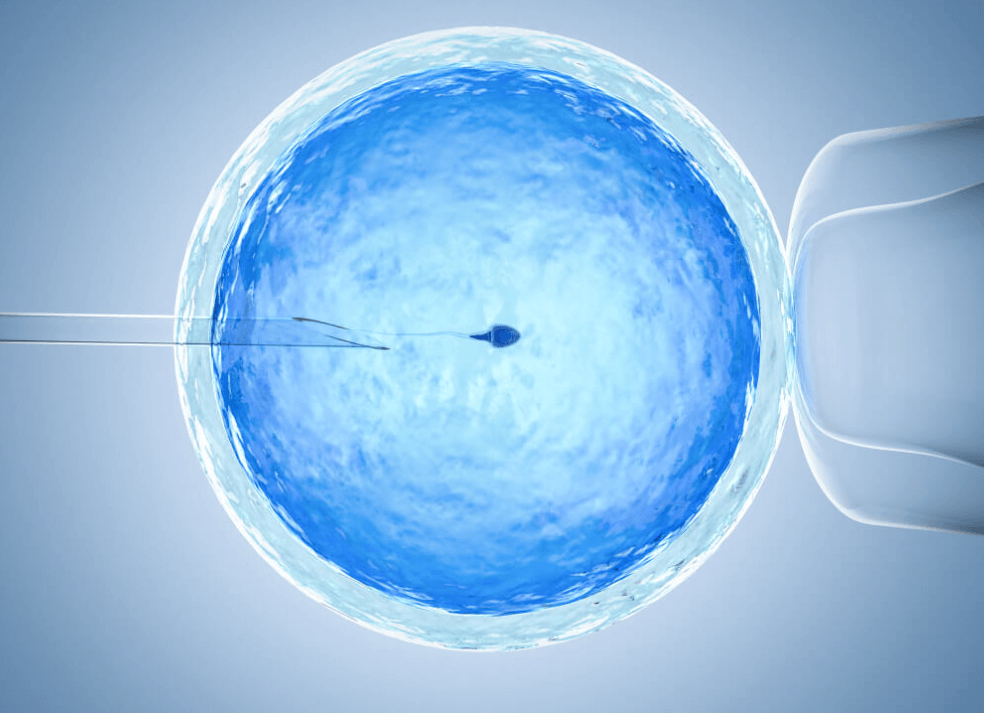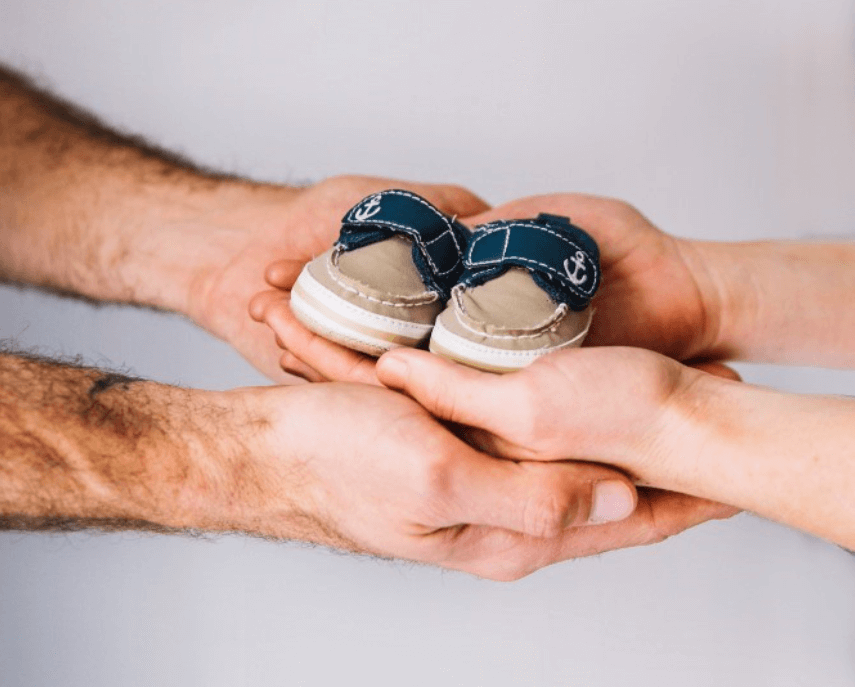Egg donation is a process where one woman’s eggs are used to help another woman become pregnant. This medical procedure helps couples who, for various reasons, cannot use their own eggs for pregnancy. The donor’s eggs are fertilized in a laboratory, and then the embryo is transferred to the recipient woman’s uterus.
Thanks to modern medical technologies, egg donation programs have become a reliable means of family building for people who cannot achieve this naturally.
The first successful case of egg donation was recorded in 1984 in Australia. Since then, the procedure has developed both technically and in terms of clinical practice. Initially, the focus was on using fresh eggs, but later cryopreservation (freezing) methods for eggs were also developed, which significantly expanded the possibilities for using this technology.
Today, egg donation is a widely practiced procedure used in many countries around the world, although legislation and regulations differ by country.

When Is Egg Donation Necessary
There are several reasons why a couple might need egg donation:
Ovarian Problems
Some women may have developmental problems with their ovaries or may not have ovaries at all. This condition can be present from birth or develop due to various medical reasons.
Premature Menopause
During premature menopause, a woman’s ovaries stop functioning before age 40. This causes the cessation of egg production and makes natural conception impossible.
Age
As a woman ages, the quantity and quality of her eggs decrease. After age 35, this process occurs more rapidly. Many women who start family planning late may discover that their eggs are no longer of sufficient quality for pregnancy.
Genetic Problems
If a woman has a serious genetic disease that could be passed to the child, egg donation is a way to have a healthy baby.
Unsuccessful In Vitro Fertilization
If a couple has tried in vitro fertilization several times and it was unsuccessful due to poor egg quality, egg donation may be the solution.
After Oncological Treatment
Chemotherapy and radiation therapy can damage the ovaries and cause infertility. In such cases, egg donation provides the possibility of pregnancy.
The Egg Donation Process
The egg donation process involves several stages:
Donor Selection and Screening
An egg donor is typically a healthy woman aged 21-30. Donor selection occurs after thorough medical and psychological screening.
Medical screening includes:
- General medical examination
- Tests for infectious diseases (HIV, hepatitis, syphilis, and others)
- Genetic testing
- Gynecological examination
Donors also undergo psychological assessment to ensure they are emotionally prepared for the process and understand the responsibility well.
Ovarian Stimulation
The donor takes hormonal medications that stimulate her ovaries to mature several eggs simultaneously. During a normal cycle, the ovaries produce only one egg per month, but after stimulation, it’s possible to obtain 10-15 eggs.
During the hormonal stimulation period, the donor regularly visits the clinic, where doctors monitor follicle growth through ultrasound and check hormone levels in the blood.
Egg Collection
When the eggs are sufficiently mature (usually 10-14 days after starting stimulation), they are collected. This procedure is performed under sedation (anesthesia) and lasts approximately 20-30 minutes.
The doctor uses a special needle, which is inserted through the vagina and, under ultrasound control, collects eggs from the ovaries. This procedure is minimally invasive and does not require hospital stay – the donor returns home the same day.
Fertilization and Embryo Transfer
The collected eggs are fertilized in the laboratory with either the partner’s sperm or donor sperm, depending on what is needed. Fertilization occurs using the in vitro fertilization (IVF) method.
3-5 days after fertilization, when the embryo has developed sufficiently, it is transferred to the recipient woman’s uterus. This procedure is simple, painless, and does not require anesthesia.
Alternatively, embryos can be frozen and stored for future use.
Success Rates of Egg Donation
Egg donation programs are characterized by high success rates. According to modern statistics, the chance of successful pregnancy using donor eggs is approximately 60-70%, which significantly exceeds the rates of conventional in vitro fertilization.
The high success rate is explained by the fact that donors are young, healthy women whose eggs are of high quality. Egg quality is one of the main factors that determines the success of in vitro fertilization.
Legal Aspects of Egg Donation
In Georgia, egg donation is regulated by legislation, and there are specialized reproductive clinics that perform this procedure.
It is important that all parties – the donor, the recipient couple, and the clinic – sign appropriate legal documents that regulate their rights and responsibilities.
Surrogacy and Egg Donation
In some cases, egg donation may be used together with surrogacy. This happens when a woman cannot use her own eggs and also cannot carry a pregnancy.
Surrogacy is a process where a woman (surrogate mother) carries and gives birth to a child for another couple. When surrogacy is combined with egg donation, the embryo is created from the donor’s egg and the biological father’s sperm, and then transferred to the surrogate mother’s uterus.
Conclusion
Egg donation is an important medical procedure that enables couples who cannot use their own eggs to become parents. Thanks to modern technologies, this procedure is safe and successful.
If you are considering egg donation, it is important to have complete information about medical, legal, and psychological aspects. Consultation with specialists will help you make an informed decision and successfully go through this process.

